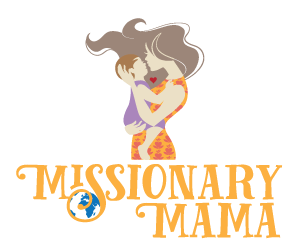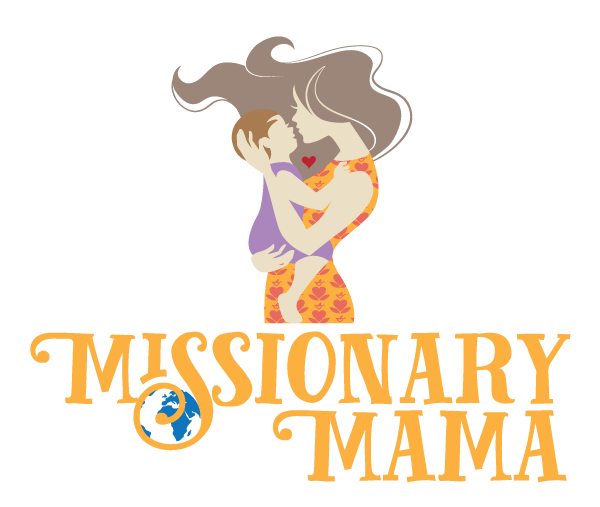
13 Apr It Would Have Been Enough
Every year, our family hosts a Passover Seder in our home. What began with 10 college kids crammed into our small apartment at George Washington University campus has grown to become our family’s favorite annual tradition. Our home bursts at the seams with families, food, and friends new and old as we tell and re-tell the story of God’s faithfulness to His people throughout history.
It is very simple why we tell this story. We tell this story to both ourselves and our children so that we do not forget it.
“And when the Lord your God brings you into the land that he swore to your fathers, to Abraham, to Isaac, and to Jacob, to give you—with great and good cities that you did not build, and houses full of all good things that you did not fill, and cisterns that you did not dig, and vineyards and olive trees that you did not plant—and when you eat and are full, then take care lest you forget the Lord, who brought you out of the land of Egypt, out of the house of slavery.” (Deu. 6:10-12)
Scripture is replete with examples of how God’s people throughout history went through suffering and cried out for God to deliver them. However, when he delivered them and they experienced relief from their suffering, they promptly forgot him.
Remembering God’s Goodness
We observe Passover as a practice of remembering lest we forget. We tell our children how God delivered His people from slavery in Egypt and how the blood of the Passover lamb was spread upon their doorposts so the angel of death would “pass over” their households. For Israelites on that day, a spotless lamb died so that the eldest son of each family did not have to.
And we celebrate Passover’s fulfillment in Christ Jesus, whom John the Baptist declared “the lamb of God who takes away the sins of the world.” We celebrate the deliverance of the Israelites from their bondage to slavery in Egypt and at the same time we celebrate our deliverance from a life of bondage to sin through the perfect sacrifice of Jesus Christ.
Holy week is a time to testify of God’s deliverance and His goodness in our lives. We tell our children and our friends of God’s great works in our lives. We remind ourselves of the truth of who God is and what He has done.
We end our Seder meal each year by singing the traditional Jewish song, “Dayenu,” which simply means “It would have been enough.” Some of the stanzas include “It would have been enough if God had brought us out of Egypt…if he had split the sea for us….if he had fed us manna…if he had given us the Torah…“
He is Enough
What are your “Dayenu’s” towards God your Father this year? As we walk towards the end of holy week, take some time to look back on this past year. During our seder over the years we have heard many friends declare some very painful yet praiseworthy “Dayenu’s.” There have been years of great loss and years of great gain. And yet in every year, we always declare, “It would have been enough.”
It would have been enough if God had sent Jesus to die on the cross for our sins and rise from the grave that we might have eternal life.
It would have been enough that God has filled us with His Spirit and given us His holy Word to live by.
It would have been enough for him to provide for our daily needs.
Where will you set your gaze this holy week? There are likely still requests and pleas pouring forth from your heart to God. Perhaps you stand trembling and in tears from a recent loss or heartbreak. And yet now, whether in the midst of pain or gladness, it is a time to pause and simply declare, “It is enough, Lord. What you have done for me is enough. You are enough.”





No Comments